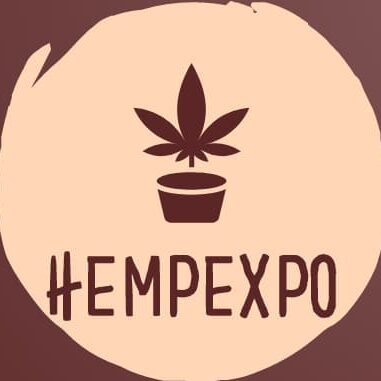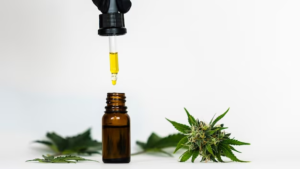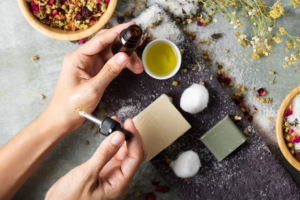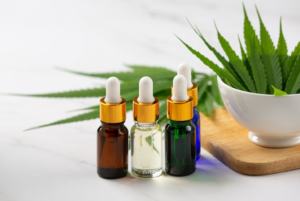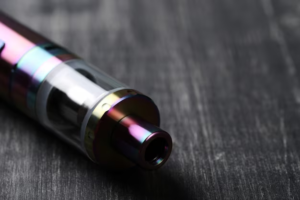
CBD-infused beverages are drinks that contain cannabidiol (CBD), which is believed to offer benefits such as alleviating anxiety, improving sleep, and reducing chronic pain. However, their efficacy as a delivery method for CBD remains a topic of discussion.
So, what does a CBD drink do exactly? Let’s delve deeper into the potential effects and considerations surrounding these intriguing beverages.
What Is CBD Drink?
CBD, or cannabidiol, is a compound found in the cannabis plant that has been associated with potential therapeutic benefits for various health conditions, including anxiety, sleep disturbances, epilepsy, and chronic ailments. In response to its growing popularity and demand, numerous brands have ventured into producing beverages infused with this cannabinoid. CBD beverages encompass a wide range of drinks, such as:
- CBD-infused coffees, like those by Mary Joe
- Flavored waters with CBD, like Cloud Water
- CBD-enriched cocktails
- Pure CBD water brands like Recess
- Fruit juices containing CBD
It’s noteworthy that the ingestion of CBD through beverages might lead to a slower absorption rate compared to other methods like inhalation. Consumers might need to wait up to two hours before experiencing the full effects.
What Does A CBD Drink Do?
Many people wonder, ‘what does CBD drink do?’ as they seek to understand the potential benefits and effects of these beverages.” A CBD drink, simply put, is a beverage infused with cannabidiol (CBD), a non-psychoactive compound derived from the hemp plant. Consuming a CBD drink is believed to offer a myriad of potential health benefits. Many consumers report feelings of relaxation, decreased anxiety, and improved mood after intake. Additionally, CBD is heralded for its anti-inflammatory properties, which may aid in alleviating pain and promoting overall well-being. It’s worth noting, however, that while many users swear by the benefits of CBD drinks, scientific research in the area is still burgeoning, and definitive claims about its efficacy are yet to be universally accepted. Always consult with a healthcare professional before introducing any new supplements or remedies into your routine.
Advantages of CBD Beverages
CBD-infused beverages present an alternative to the distinct flavor of CBD oil, delivering it in a more palatable form. Additionally, these drinks add a layer of convenience and diversity for consumers. While the full range of health benefits associated with CBD beverages is still being researched and understood, they are gaining traction among individuals seeking wellness options.
Pros and Cons of CBD Drinks
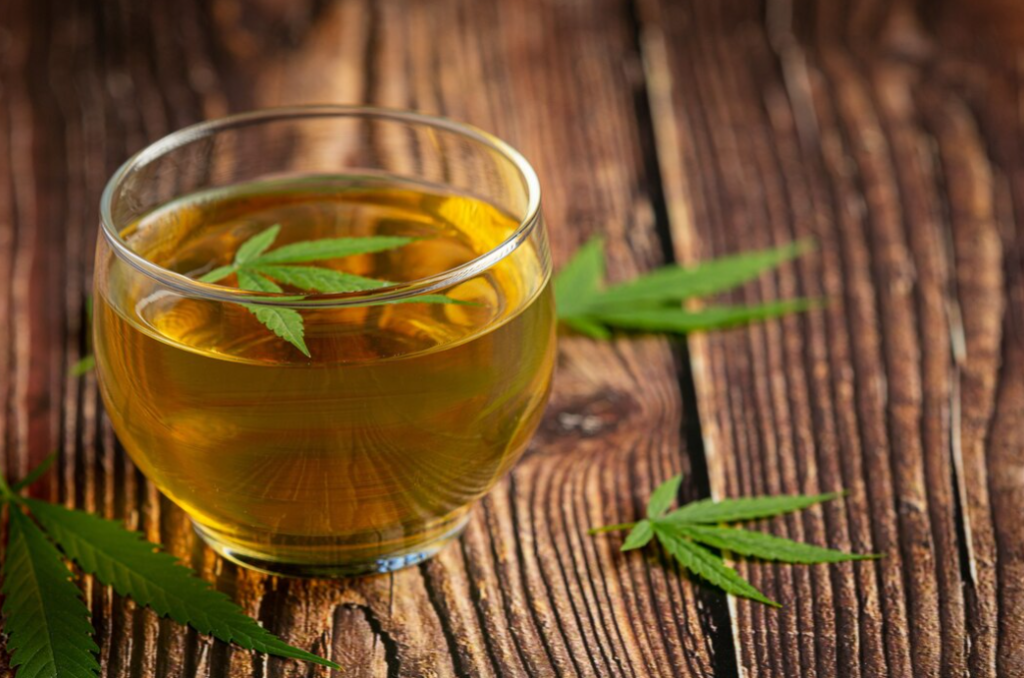
Bioavailability Concerns
When consuming CBD orally, regardless of its form – be it a drink, capsule, or oil – its absorption rate is generally lower than when inhaled. This reduced bioavailability occurs because a significant portion of the CBD undergoes metabolism before reaching the bloodstream.
Several strategies can enhance CBD’s bioavailability:
- Utilizing an Oil Carrier: Consuming CBD with an oil or a high-fat meal can boost its absorption. This is a reason CBD oils might provide better effectiveness than CBD beverages, which typically contain minimal fats.
- Water-Soluble CBD: Recent innovations have produced water-soluble CBD formulations, presenting a potential solution for better bioavailability when taken orally.
- Dosage Increment: Increasing the amount of CBD intake can amplify its effects. However, it’s crucial to note that upping the dosage can also elevate costs. Additionally, some CBD beverages may not provide clear dosage details or might contain minimal CBD amounts.
Inconsistency in Product Standards
The hemp and CBD market, for the most part, remains unregulated, introducing risks when purchasing such products. There’s a potential for products, including CBD beverages, to have undisclosed ingredients or vary in CBD content from what’s mentioned on the label. For instance:
- Some products may list “hemp” as an ingredient rather than specifying “CBD”, creating ambiguity regarding the actual CBD content.
- It’s not uncommon for the actual CBD content in a beverage to differ, sometimes being lower, from what’s claimed on the packaging.
Economic Implications
Given the issues of reduced bioavailability and potential inconsistencies in product standards, opting for CBD drinks may not provide the best value for money. Consumers should weigh the costs against the benefits and consider other delivery methods that might offer better cost-effectiveness and consistent results.
Selecting the Right CBD Beverage: Key Considerations
- Prioritize THC-free options. While CBD itself is generally considered safe, the accompanying presence of tetrahydrocannabinol (THC) can induce intoxicating effects. It’s advisable to avoid any surprises, such as unintentional intoxication from a CBD beverage, especially before crucial events or tasks.
- Ensure “hemp extract” or “CBD” is mentioned in the ingredients. Investing in a CBD drink means you want the benefits of CBD. Choose brands that are transparent about the CBD content in their products.
- Verify the specified CBD content per serving, e.g., 25 mg of CBD/hemp extract. The effective dosage can vary based on factors like individual tolerance, body size, and recent meals. As a general guideline, 20 mg per day is often seen as a minimal dose, while 1500 mg per day is on the higher end, yet still within safe limits. Always aim for a product that clearly states its CBD content per serving.
Substitutes for CBD-Infused Beverages
CBD can be consumed in a variety of forms beyond just drinks. Some popular alternatives include oils, capsules, syrups, and gummies. CBD oil, in particular, is noteworthy because its oil base can enhance the bioavailability of the compound.
Generally, CBD oils and capsules have undergone more extensive research, are often of superior quality, and tend to offer higher concentrations compared to CBD-infused beverages. If you’re contemplating using CBD for therapeutic purposes, it’s always a wise decision to consult with a healthcare professional to determine the most suitable product for your needs.
How Long Does CBD Take To Kick In Drink?

The onset time for the effects of a CBD-infused drink is a common question among consumers. On average, it typically takes around 20 minutes for the effects of a CBD drink to become noticeable. However, it’s important to note that individual factors such as metabolism, body weight, and the specific formulation of the drink can influence how long it takes for the CBD to kick in.
Conclusion
In conclusion, this exploration has covered CBD-infused beverages and their potential well-being benefits. CBD drinks, containing non-psychoactive CBD from hemp, offer convenience for relaxation, anxiety relief, mood improvement, and pain management. However, it’s crucial to consult a healthcare professional, consider bioavailability, product standards, and dosage. CBD beverages are part of the broader conversation surrounding CBD and its potential contributions to well-being.
